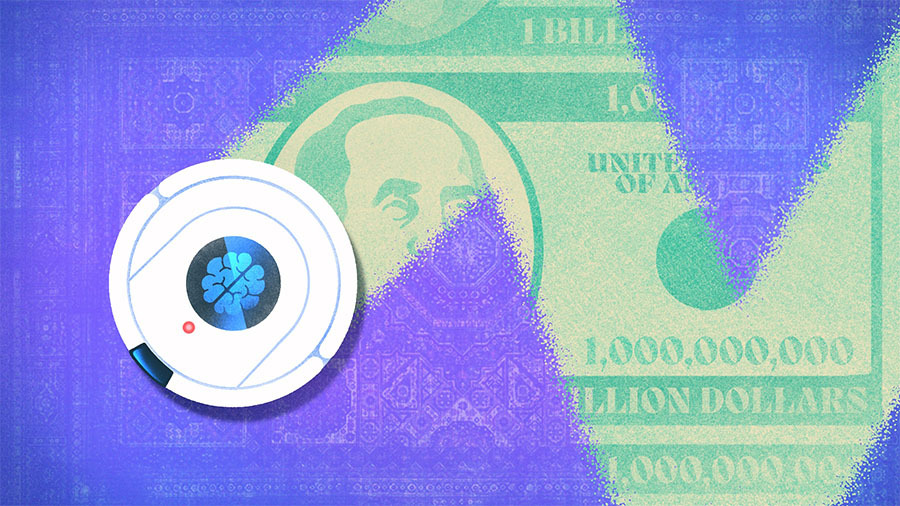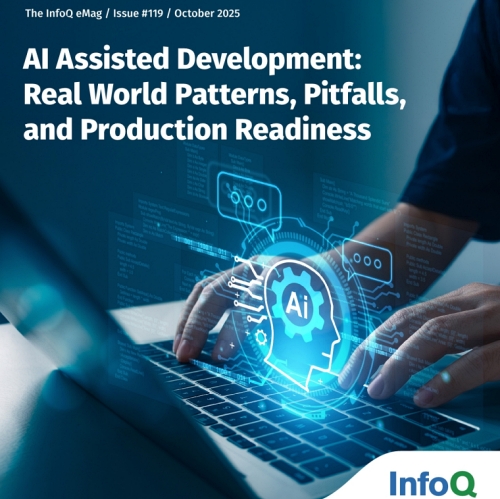Building Smarter Apps: The Rise of AI Agent Frameworks in 2025
PositiveArtificial Intelligence
In 2025, AI agent frameworks like LangChain, AutoGen, and OpenAI’s Apps SDK are transforming how we build smarter applications. These innovative tools enable developers to create multi-agent systems, automate complex reasoning workflows, and seamlessly integrate AI with various APIs and databases. This evolution is significant as it empowers businesses to enhance efficiency through SaaS copilots, automated report generation, and sophisticated AI workflows that involve human collaboration, ultimately leading to smarter decision-making and improved productivity.
— Curated by the World Pulse Now AI Editorial System







